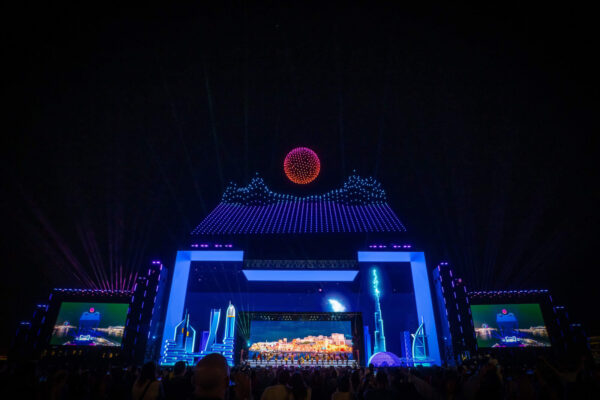
Introduction to Ferragosto
Ferragosto, celebrated on August 15th each year, is a public holiday in Italy that marks the peak of summer and the Assumption of Mary. This day is significant not just because of its religious undertones but for its cultural relevancy, as it signals a time for relaxation, celebration, and communal gatherings. As the summer peak, Ferragosto has become synonymous with vacations, family gatherings, and festive events, deeply rooted in Italian tradition.
Historical Background
The origins of Ferragosto date back to the ancient Roman festivals that celebrated the harvest season. The name itself is derived from the Latin phrase ‘Feriae Augusti’, which translates to ‘the holidays of Augustus’, named after Emperor Augustus who established the holiday in 18 BC. Over the centuries, Ferragosto has evolved from a pagan celebration to a significant religious event, now observed by many Italians regardless of their faith.
Celebrations and Traditions
Traditionally, Ferragosto is a day when Italians escape bustling cities to head to the coast or the countryside, emphasising the importance of family and community. Many people prepare special meals that feature regional delicacies, often al fresco, where family and friends gather to enjoy food, wine, and each other’s company. In major cities like Rome, elaborate fireworks displays and public concerts are held, attracting thousands of attendees.
Another popular tradition is the consumption of the ‘Ferragosto’ dessert, which varies by region. Popular choices include the ‘Torta di Ferragosto’, a fruit tart that celebrates the bounty of summer. Furthermore, the festival often includes an array of outdoor activities such as beach outings, hiking, and even music festivals, showcasing the vibrant spirit of Italian summer.
Impact and Relevance Today
In contemporary culture, Ferragosto remains a vital part of Italian life, reflecting the nation’s commitment to enjoying life together, especially in challenging times. In 2023, as Italy slowly recovers from the economic impact of the COVID-19 pandemic, many view Ferragosto as an essential escape to reconnect with loved ones and revitalise community ties. It is expected that this year’s celebrations will surpass previous years, with increased travel and tourism rates adding a new layer of excitement to the festivities.
Conclusion
Ferragosto serves as a powerful reminder of the importance of tradition and community within Italian culture. As Italians gather to celebrate, both the historical and contemporary significance of this holiday continues to resonate, underscoring a shared appreciation for life’s simple pleasures. With the evolution of modern traditions and the enduring value of familial connections, Ferragosto stands out as a quintessential element of Italian summer, promising joy and togetherness for generations to come.
You may also like

Celebrating Vasant Panchami 2026: Significance and Festivities

The Significance of International Day Celebrations

The Vital Role of Live Shows in Modern Entertainment
SEARCH
LAST NEWS
- Remembering Wendy Richard: The Promise to Co-Star Natalie Cassidy
- How Did Anglian Water Achieve an ‘Essentials’ Rating for Mental Health Accessibility?
- Shai Hope Leads West Indies in T20 World Cup Clash Against South Africa
- What We Know About Weston McKennie: Future at Juventus and Past at Leeds
- What We Know About the Upcoming Live Nation Antitrust Trial